The piece analyzes how top European organizations are embracing remote work and undergoing digital changes in order to adapt to the evolving work landscape.
Intro
Remote work has been vital in accelerating the digital transformation journeys of major companies as they strive to stay ahead of the curve. Traditional work paradigms have undergone a transformation because to remote work, which has allowed workers to escape the limits of traditional offices.
Remote work has become quite popular, offering flexibility, productivity, and cost-efficiency to both businesses and individuals, with technological improvements serving as a pillar. The borders of conventional organizational structures are being destroyed as Europe embraces the era of remote work, ushering in a fresh round of digital revolution.
In this article, we look at how the dynamic trend toward remote work has changed the way companies operate and thrive. Discover the important trends influencing remote work, as well as the problems encountered and the inventive solutions used by European businesses to overcome them. In addition, we shed light on the role of technology in facilitating remote work and promoting corporate success. This article is a must-read if you want to learn how remote work is altering Europe’s corporate landscape and driving digital transformation.
Key Trends Revealed Redefining the Future of Work
The way companies operate across Europe has changed dramatically as a result of remote work. Key changes that are altering traditional work arrangements and enabling businesses to embrace the benefits of remote staffing have spurred this dynamic transition.
The adoption of hybrid work arrangements, which provide employees the freedom to split their time between office presence and remote work, is one of the significant trends. With this strategy, remote and in-person cooperation may be combined seamlessly, increasing productivity and strengthening team bonds.
The rise of flexible working hours, which give employees the choice of when to work and can assist them better manage their personal responsibilities and preferences, is another important trend. This flexibility enables workers to operate at their best during their most productive times and helps them attain a better work-life balance.
A flexible working arrangement is a top three motivator for finding a new job.
Motivation for seeking a new job, % of respondents looking for a job
Tools for virtual collaboration have become essential to remote work since they allow for seamless teamwork, project management, and communication. These solutions, which range from video conferencing systems (Zoom, Skype, Teams etc) to project management programs (Trello, Asana, Jira etc), eliminate physical barriers and promote efficient virtual teamwork.
According to Forbes [1] research:
- 12.7% of full-time employees are working from home, while 28.2% are likely to use a hybrid model.
- 98% of employees would like to work remotely at least some of the time.
- 93% of businesses intend to continue doing job interviews via videoconference.
- 16% of businesses are entirely remote.
- 71% of remote workers stated it helps them balance their professional and personal lives.
There is no denying the advantages of remote work for both businesses and employees. Companies may access a global talent pool by embracing remote work, which crosses geographical borders and opens doors to varied skill sets. Additionally, working from home saves money on office expenses because it eliminates the need for expensive physical infrastructure and overhead costs.
Working remotely improves work-life balance for employees by letting them prioritize personal obligations while working toward their professional objectives. The ability to work from anywhere and the elimination of lengthy commutes both boost job satisfaction and general wellbeing.
The Digital Metamorphosis of Remote Work
Remote work has become a digital transformation catalyst, altering the operations of prominent European corporations. Recognizing the promise of remote work has led to the adoption of breakthrough technology that enables seamless communication, increased productivity, and transforming work cultures.
Cloud platforms have played a critical role in enabling remote work and driving digital transformation. Microsoft Azure, Dropbox Business, Salesforce, and other platforms provide safe and scalable infrastructure, allowing employees to access vital data and apps from anywhere. Cloud-based solutions allow for real-time communication while also supporting seamless file sharing, version control, and document management, changing standard workflows into dynamic virtual environments.
Project management tools, which enable efficient coordination and cooperation among geographically distributed teams, have become vital in the remote work landscape. Organizations may improve efficiency and transparency by using technologies such as Trello, Monday, Jira, and Basecamp to manage project progress, assign tasks, and ensure good communication. Task assignments, timetables, and progress monitoring provide for seamless project management and enable teams to achieve high-quality results regardless of physical proximity.
Market Share of the Leading Project Management Software
Remote collaboration has been transformed by breakthrough tools like Teams, Zoom, and other virtual communication platforms. Since they make it possible for smooth instant messaging, excellent video conferencing, and productive online meetings, they have emerged as the cornerstone of successful remote teamwork. Through bridging the physical divide between team members, these platforms have promoted a sense of belonging and improved communication.
These technologies duplicate the advantages of face-to-face encounters, even when working remotely, through real-time engagement, virtual brainstorming sessions, and captivating virtual presentations. A strong sense of connection and effective collaboration among remote teams have been made possible by embracing these potent tools.
Best Virtual Team Communication Tools
Leading European companies have successfully implemented remote work methods, embracing digital transformation. Here are a couple such examples:
- AutomateX
To improve operational efficiency, AutomateX, a financial technology company, implemented remote work tactics that leveraged cloud-based technologies.
- iDesign Solutions
iDesign Solutions, a robotics-focused software development firm, changed their operations by integrating project management tools and virtual communication technologies.
And many more…
The combination of remote work and digital transformation has transformed how European businesses operate. The successful instances of companies embracing remote work as a catalyst for digital transformation attest to remote work’s enormous potential and transformative power in today’s changing business world.
Overcoming Obstacles in Remote Work Environments
Companies that embrace the flexibility and benefits of remote employment face challenges that must be effectively addressed. European businesses have had to adopt strategies and best practices to handle difficulties ranging from cybersecurity concerns to sustaining team cohesion and managing distant teams.
Cybersecurity is one of the main issues while switching to remote work. Employee access to corporate networks and confidential information increases the possibility of data breaches and cyberattacks. Strong security mechanisms, such as encrypted communication channels, multi-factor authentication, and routine employee training on cybersecurity best practices, have been implemented by European businesses to address this issue. Companies may guarantee a secure remote work environment by putting a high priority on data protection.
Maintaining team cohesiveness can be difficult when working remotely. Collaboration and efficient communication might be hampered by a lack of face-to-face interaction. To encourage engagement and connection among team members, European businesses have used virtual team-building exercises, regular video conferencing, and virtual collaboration technologies. Strong remote teams have been developed through the promotion of virtual socialization, open communication, and clear expectations.
In particular, hiring and onboarding remote developers can be difficult when managing remote teams. Devler.io can be useful in this situation. European businesses can effectively find and hire top talent from a pool of vetted engineers by utilizing Devler.io’s marketplace, assuring a streamlined onboarding process and easy integration into remote teams.
While remote work poses difficulties for businesses, European companies have successfully overcome these obstacles through inventive and smart initiatives. Companies have set themselves up for success in the remote work environment by tackling cybersecurity threats, fostering team cohesion, and utilizing specialized platforms for hiring engineers like Devler.io. As a result, they have improved efficiency, collaboration, and adaptability.
Success Stories of Companies in the New Remote Work Landscape
The innovative and productive examples of businesses that have successfully made the switch to remote employment are inspiring. Through their experiences, we see the power of digital transformation in creating new possibilities and getting exceptional outcomes.
Zappier
The ability to work remotely is essential for effective teams, thus that is the real reason why it works. Wade Foster, a co-founder of Zappier, is the author of the words.
The three co-founders of this company had to work individually because their schedules were so dissimilar when they first launched the business as a side gig. In the end, their online communication was so effective that millions of workers use their software to automate tasks today. Naturally, Zappier’s staff members are free to work from any location.
Airbnb
“We want to hire and keep the most talented individuals. We would be at a significant disadvantage if we restricted our talent pool to those who commuted close to our headquarters.
The most talented individuals are dispersed throughout the world.” – Airbnb writes on their webpage. The main justification given by Airbnb for allowing its workers to work anywhere in 170 different countries is that they believe that by hiring from a diverse range of communities, they will grow to be a more diversified company.
Dell Technologies
Although all businesses and organizations are excitedly anticipating a return to “normal life and work,” Dell made the decision to split presential and remote work 50/50 by 2020 even before Covid.
Dell even issued a brief book [2] while other companies shared relevant statistics and commentary in blog entries. The book examines the phenomena from a technological standpoint, providing information for businesses that may desire to change.
These inspiring stories from global companies highlight the transformative impact of remote work and digital transformation. Improved productivity, increased employee satisfaction, and innovative approaches to collaboration are just a glimpse of the remarkable results achieved.
Devler.io’s Role in Accelerating Digital Transformation in Europe
Devler.io is a platform that matches clients from around the world with talented European developers. Devler.io, which has a strong commitment to innovation and excellence, is enabling European businesses to successfully navigate the rapidly changing world of remote work and build highly competent remote teams.
The core of Devler.io’s primary focus, connecting engineers with clients, is a profound awareness of the difficulties businesses encounter while forming remote programming teams. Devler.io streamlines the hiring process by connecting businesses with top-tier experts who have the essential skills and expertise by utilizing their huge network of talented developers.
By collaborating with Devler.io, European businesses have access to a global network of highly qualified developers, enabling them to create remote programming teams that foster success and creativity. These businesses may tap into the strength of the world’s talent by utilizing Devler.io’s platforms, overcoming regional borders and opening up fresh growth prospects.
Conclusion
Remote work is becoming more typical in a wide range of businesses as technology develops. It brought to light the crucial role that technology plays in enabling remote labor and fostering commercial success. The emergence of remote work trends, the advantages of flexibility and collaboration, and the difficulties businesses encounter were among the major talking themes here.
By using the Devler.io platform, businesses can gain access to top talent, and reap the full rewards of remote work and digital transformation. Access to a pool of highly vetted IT professionals from Europe is made available by Devler.io. Businesses can easily find and hire the top developer that fits their unique needs.This not only makes cooperation easy but also guarantees that businesses may benefit from remote work’s higher productivity, cost-effectiveness, and access to a worldwide talent pool. Businesses may embark on a transformative road to digital success with Devler.io, fostering innovation and expansion in the remote work environment.
About the Author
 Yuriy Dobryanskyi is the founder of Devler.io, a platform for matching great products with vetted software engineers from Europe. In previous years, he worked as a senior Ruby On Rails developer, which greatly influenced his subsequent co-founding of Innovation Feel with Ruby on Rails as the core technology.
Yuriy Dobryanskyi is the founder of Devler.io, a platform for matching great products with vetted software engineers from Europe. In previous years, he worked as a senior Ruby On Rails developer, which greatly influenced his subsequent co-founding of Innovation Feel with Ruby on Rails as the core technology.
References
- Remote Work Statistics And Trends In 2023: https://www.forbes.com/advisor/business/remote-work-statistics/
- Ed Tittel – Moving Forward in a Work-fromAnywhere World: https://www.delltechnologies.com/asset/en-us/products/multi-product/briefs-summaries/dell-vmware-enablingwfa-ebook.pdf
- Devler.io – is the platform for matching projects and experienced vetted European software developers.



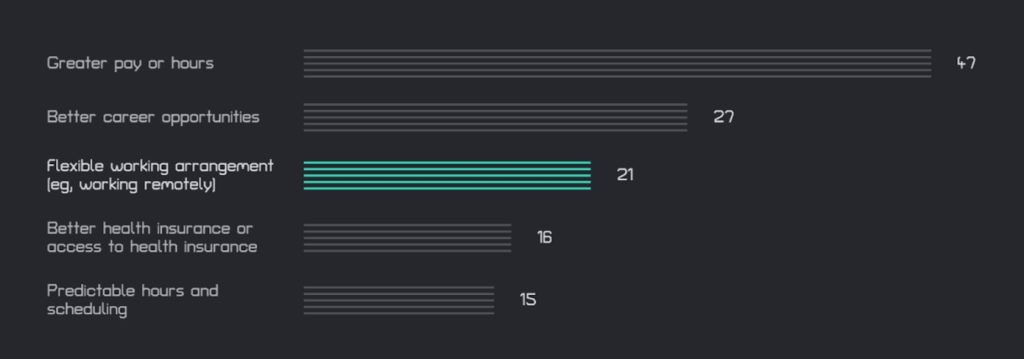
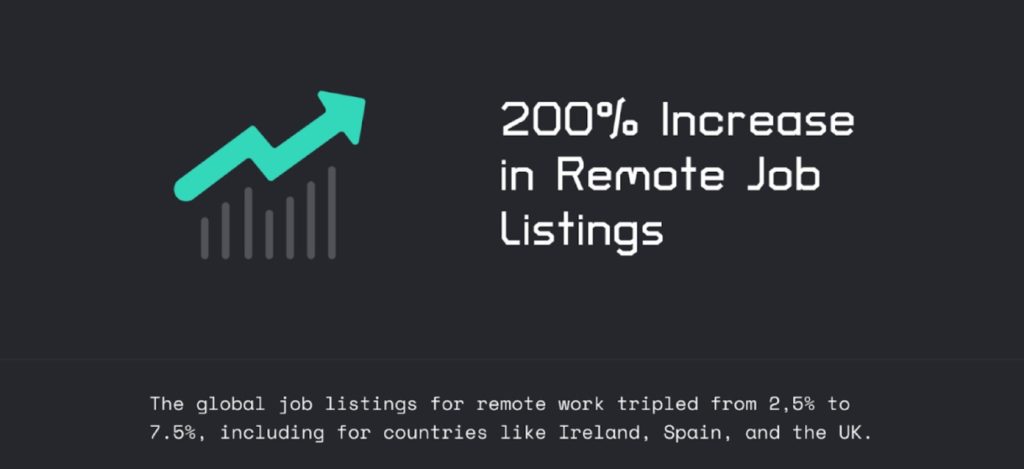
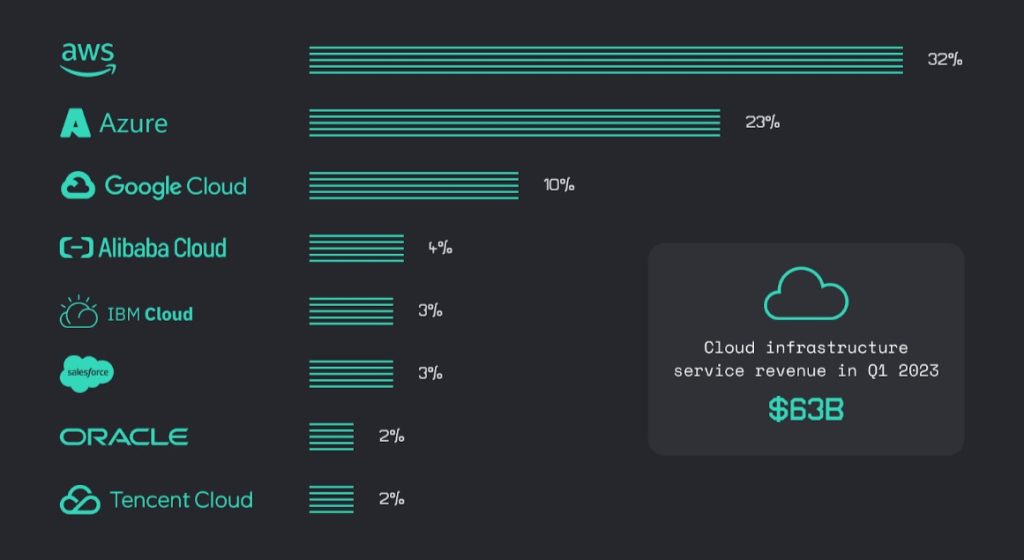
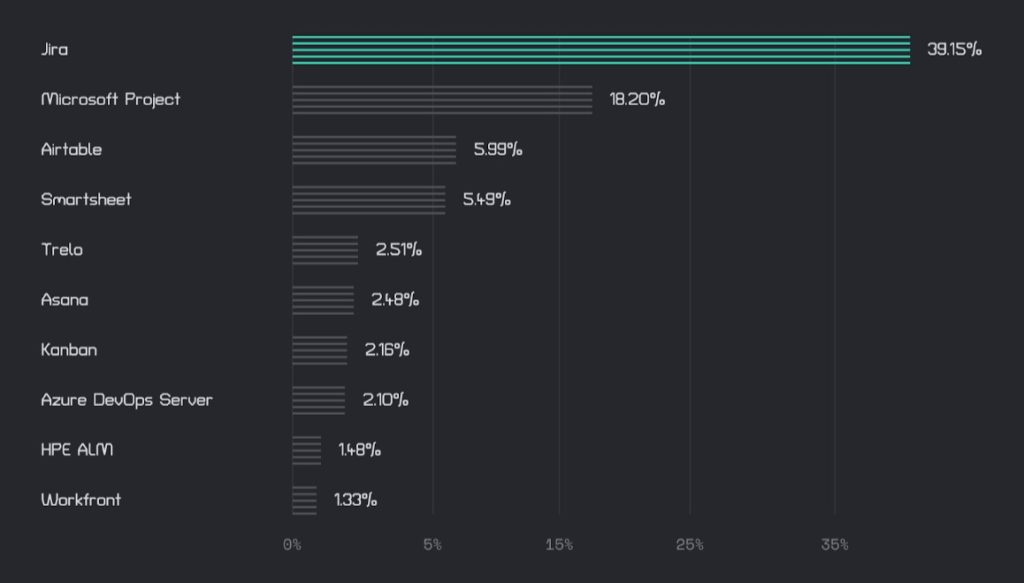
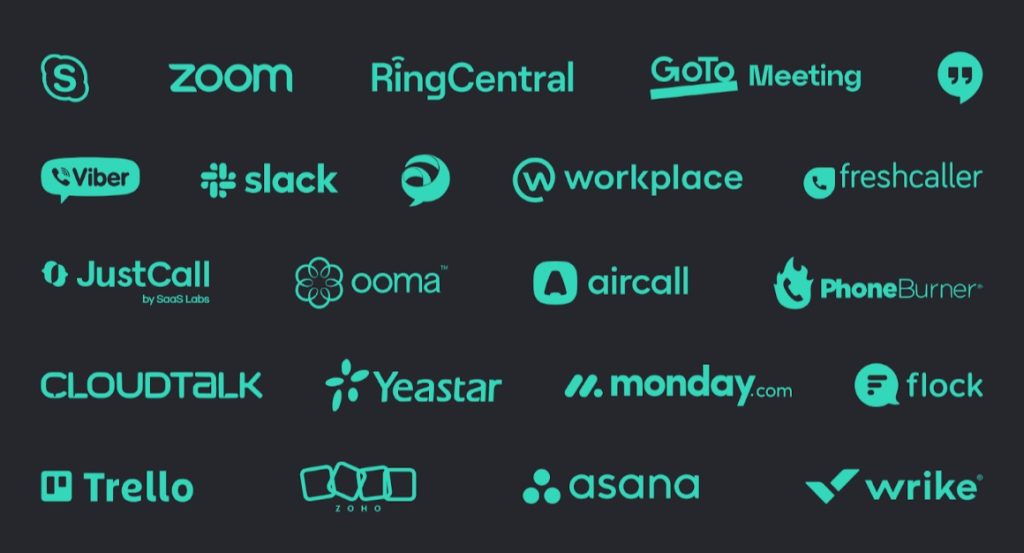
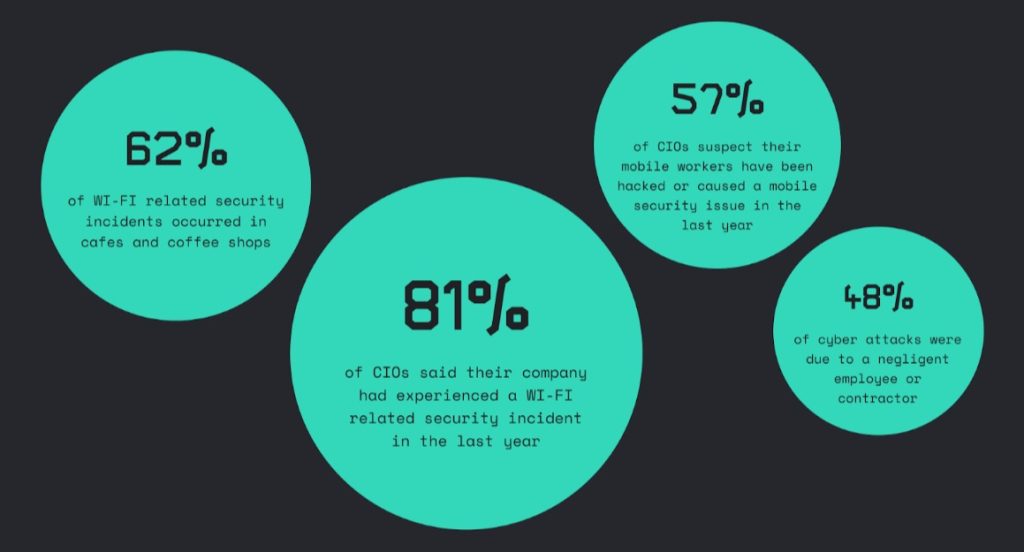

![“Does Everyone Hear Me OK?”: How to Lead Virtual Teams Effectively iStock-1438575049 (1) [Converted]](https://www.europeanbusinessreview.com/wp-content/uploads/2024/11/iStock-1438575049-1-Converted-218x150.jpg)

























![“Does Everyone Hear Me OK?”: How to Lead Virtual Teams Effectively iStock-1438575049 (1) [Converted]](https://www.europeanbusinessreview.com/wp-content/uploads/2024/11/iStock-1438575049-1-Converted-100x70.jpg)




